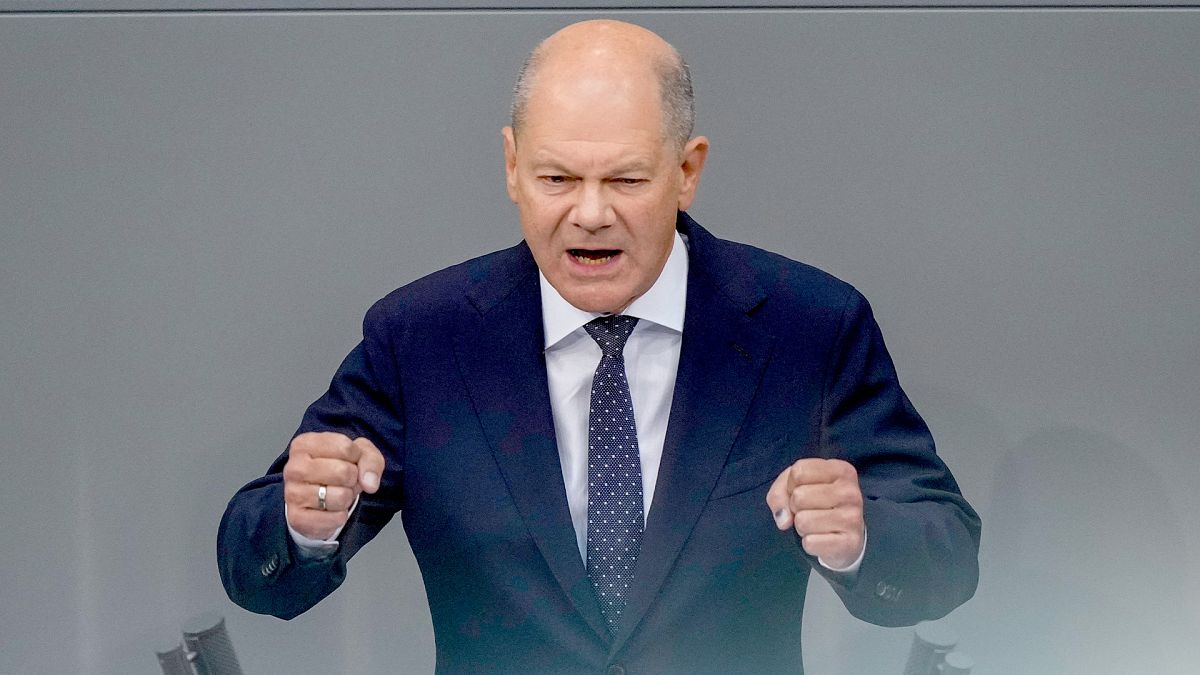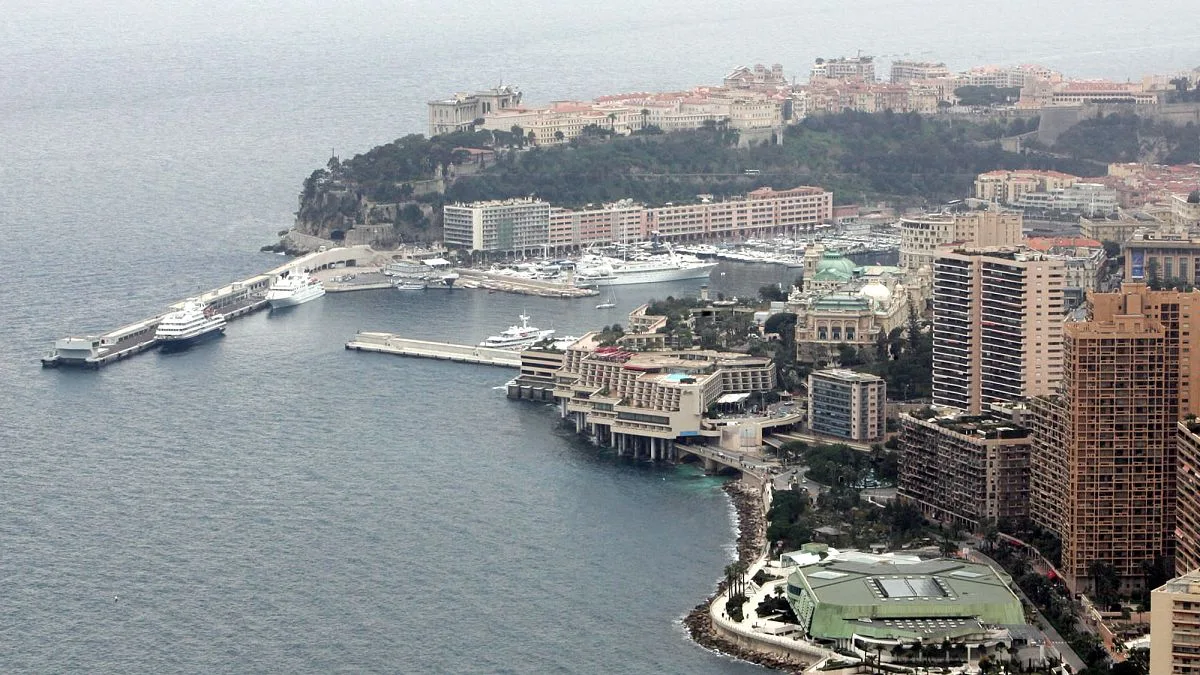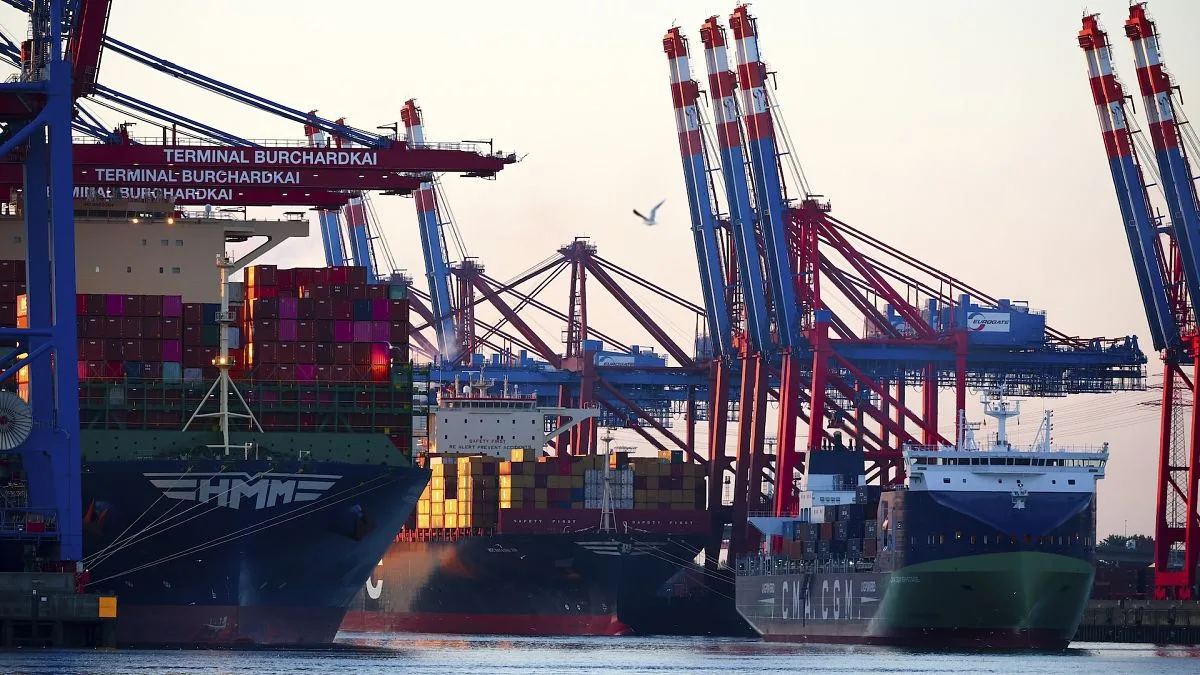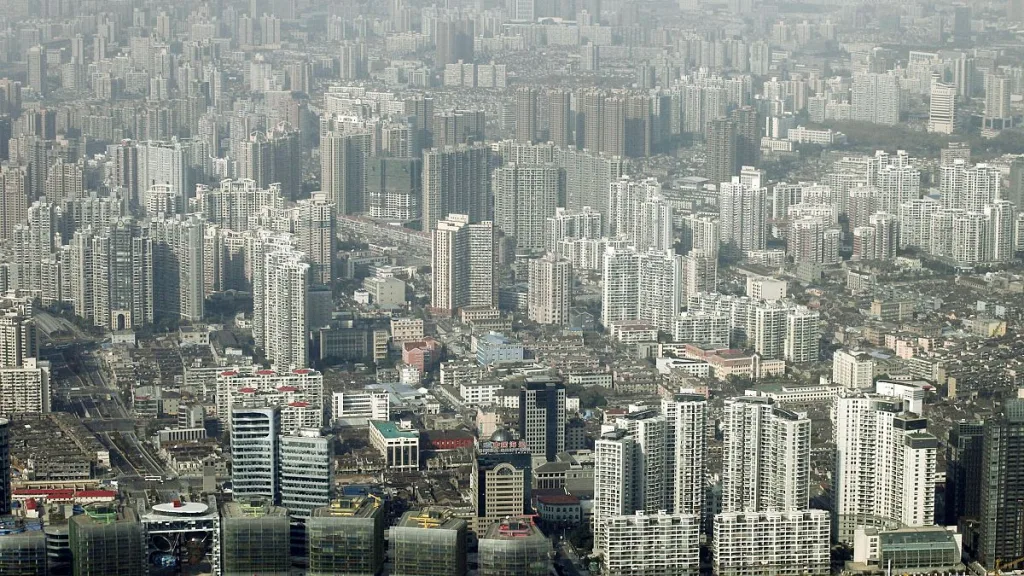On Wednesday morning, German Chancellor Olaf Scholz delivered a significant speech in the Bundestag, addressing pressing issues such as migration, productivity, and warning of a looming “big economic problem” that Germany could face in the upcoming years, as highlighted by both international and domestic analyses.
Scholz emphasized the challenges posed by an ageing workforce, stating, “There is no country in the world with a shrinking working population that has economic growth. This is the stark reality we must confront.” In the wake of these challenges, he called for a more controlled approach to immigration, insisting that Germany requires more skilled labor to sustain its economy.
In his address, the Chancellor articulated a need for “openness to the world,” but swiftly clarified that this does not equate to an open-door policy for all. “We must have the ability to select who comes to Germany,” Scholz asserted, making his position unmistakably clear.
These comments come amid heightened tensions in Germany, particularly following a fatal stabbing incident in Solingen, which left three dead and eight injured. The primary suspect, a 26-year-old Syrian refugee, faced imminent deportation, igniting fierce political debates around immigration policies.
Adding to the political landscape, the anti-immigration Alternative for Germany (AfD) party recently celebrated a notable electoral success in Thuringia, reinforced by an election campaign that leveraged anti-immigration sentiments associated with the Solingen tragedy. Current opinion polls suggest this rhetoric has positively impacted the AfD’s approval ratings.
Scholz responded to this political pressure by pledging that the Social Democratic Party (SPD) would “do everything” to counter the rise of right-wing populist factions. He explicitly critiqued the opposition leader, Friedrich Merz, stating, “You are the type of politician who believes that solving the migration issue can merely be accomplished with a newspaper interview. You never intended to address it.”
In addition, the Chancellor highlighted recent legislative successes by the German government aimed at easing immigration, such as reducing the period that foreign nationals must reside in the country before applying for citizenship from eight years to five, with the potential for a further reduction to three years under exceptional circumstances if integration efforts are made.
During his speech, Scholz also stressed the urgent need for substantial investments in Germany’s infrastructure. “We need to invest billions of euros over the next decade to upgrade entire transportation routes,” he argued, noting that years of neglect have left critical infrastructure in disrepair. This includes improvements to roadways, mobile phone networks, and expediting the approval processes for industrial facilities.
Moreover, he expressed a commitment to supporting young people and families by pledging billions to enhance educational facilities, ensuring that schools and kindergartens are sufficiently funded to meet growing needs. “At the same time, we must improve the growth potential of our country,” he added.
Interestingly, Scholz chose not to address the struggles faced by German car manufacturers, particularly as they grapple with increasing competition from Asian companies in the transition to electric vehicles. Recently, Volkswagen hinted at possible factory closures within Germany, a move that underscores the urgency for strategic action.
Photo credit & article inspired by: Euronews



